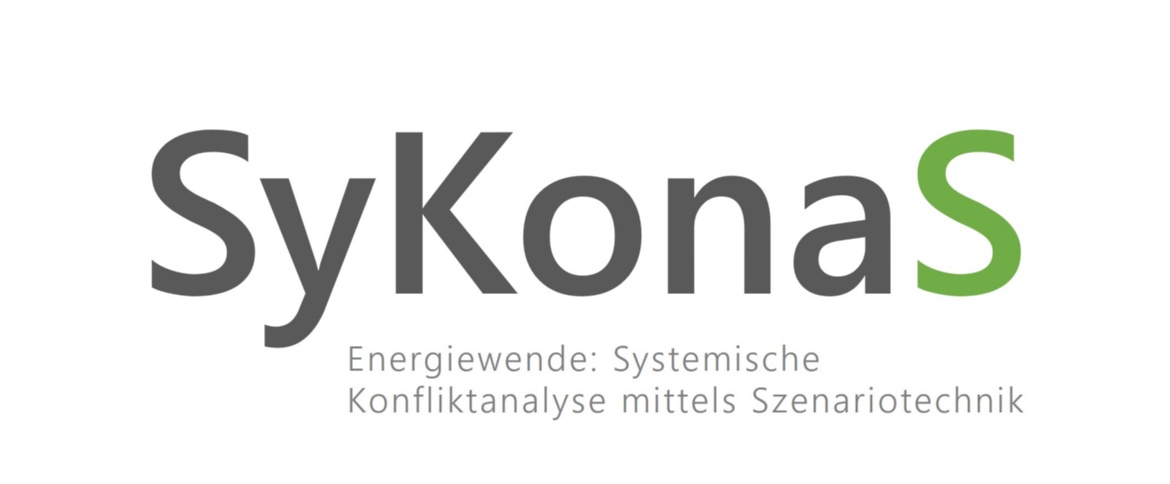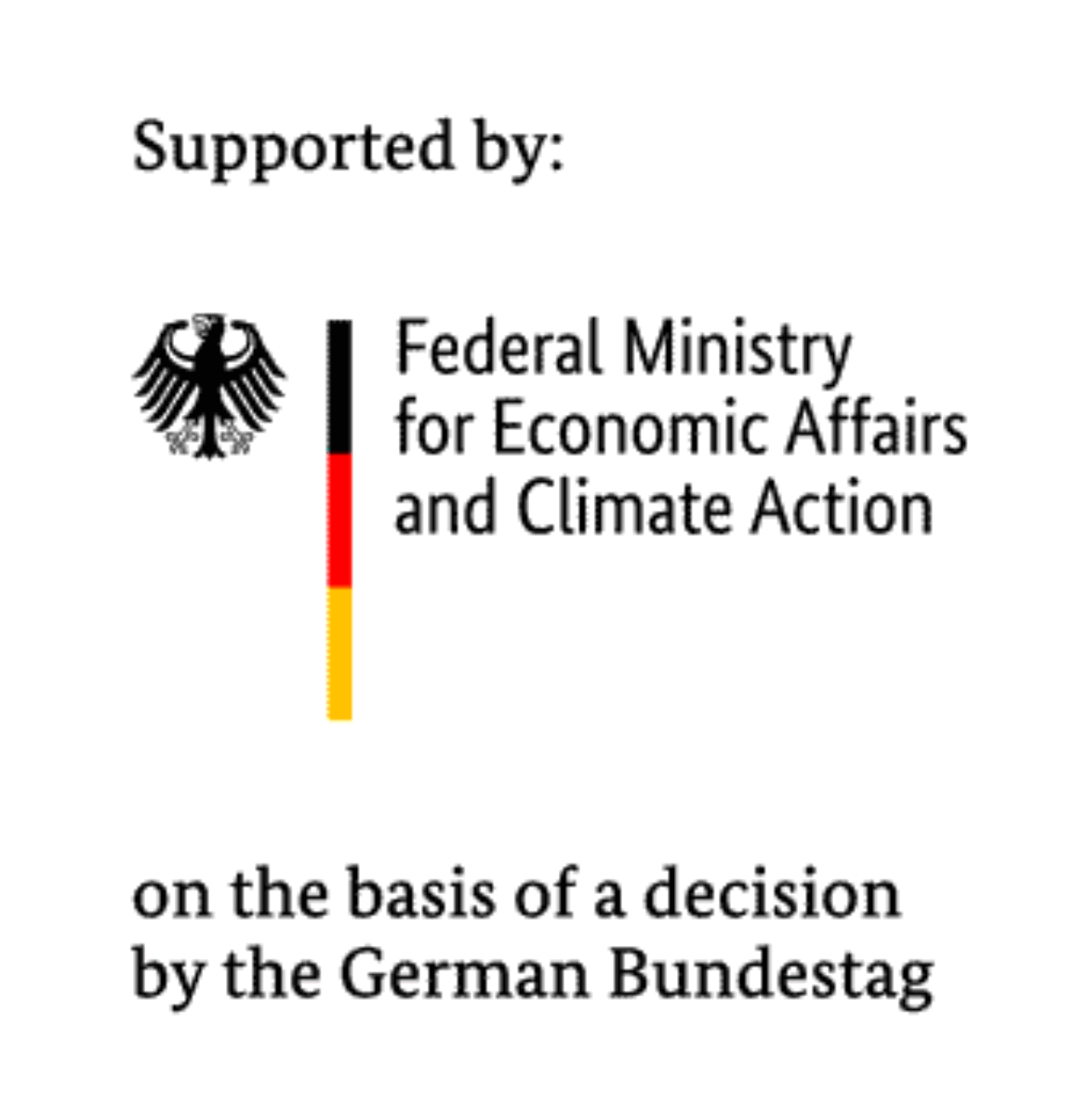Motivation
According to current studies, the fundamental approval of relevant actors and the general population for the German Energiewende remains at a relatively high level. At the same time, case studies on the expansion of renewable energies often show a contradictory picture with, in part, conflictual disputes. These conflicts can represent significant barriers to the further development of the Energiewende.
With a view to the possible development pathways of the energy system transition, which are developed with the help of techno-economic energy system models, societal conflicts at different actor levels must be anticipated and addressed even before they manifest themselves in implementation. It is therefore of great relevance for both energy system modelers and decision makers to gain a better understanding of different types of conflicts and their interactions with institutional, technological, economic and legal framework conditions of the energy transition. The joint project SyKonaS addresses the existing research gap of a systemic and prospective view of societal conflicts of the Energiewende and also proposes concrete solutions that are directly connectable to the concerns of relevant stakeholders.
Aims and approach
The aim of SyKonaS is to develop a basic, conceptual and methodological approach for the analysis and integration of actor conflicts in energy transition pathways. For the development of the methodology, the focus is on societal conflicts in the transformation of the electricity sector, while a basic transferability to other sectors should also be ensured.
SyKonaS addresses the following questions:
- Which conflicts characterize the energy transition in Germany (Energiewende) and which systemic interactions exist between different conflict and actor levels? To what extent are these conflicts forced by the regulatory, economic and other framework conditions of the energy transition?
- How conflictual are selected transition pathways (scenarios) that are significant for scientific discourse and how can conflict analyses be considered and integrated in energy system models?
- Which energy policy measures and instruments, g. participation formats and compensation mechanisms, change actor positions and lead to the resolution or intensification of certain conflicts?
- How can lines of conflict in possible transition paths be anticipated? How can they be counteracted with meaningful measures instead of merely reacting to them after they have arisen?
To analyze and identify conflicts, SyKonaS goes beyond traditional, predominantly case-based social science research designs and adopts a systemic perspective. By means of a semi-quantitative system analysis, the cross-impact balance analysis, the interactions between conflicts on different levels of the transformation process on the one hand, and the institutional, technical, economic and legal framework conditions on the other hand are taken into account (conflict lines). With the participation of four different scientific disciplines, it will be analyzed which conflicts are inherent in prominent energy scenarios. For this purpose, a typology of energy transition conflicts will be developed and supplemented by a corresponding analysis of existing instruments. On this basis, the conflict potential of three prominent energy scenarios will be evaluated. By means of cross-impact balance analysis, the interdependencies between conflict lines and directional decisions of the energy transition are estimated. For identified conflict lines, consistent solution tools are developed. In order to support the knowledge gain with practical knowledge, stakeholders are involved who contribute to the identification of conflicts, the assessment of systemic interactions and the development of solutions.
Expected results and transfer
SyKonaS provides a methodology to make systemic barriers of an energy system transition transparent. In this way, SyKonaS supports energy system modelers to integrate findings on societal conflicts in different energy transition pathways. Together with modelers of the Systems Analysis Research Network, guidelines for the integration of conflict analyses into models will be developed. The central findings of the joint project will be prepared in a practical aid (on the scale of a policy brief). In this way, practical actors will gain knowledge about how to deal with societal conflicts and will be able to disseminate this knowledge in their sectors, fields of activity and networks.
SyKonaS/ iKonS subproject
ZIRIUS coordinates the SyKonaS joint project. In the sub-project SyKonaS/iKonS, ZIRIUS is responsible for the development of a typology of energy transition conflicts, the assessment of societal conflicts in energy scenarios and the systemic analysis of interactions between conflict lines and framework conditions of the energy transition by means of cross-impact balance analysis (CIB). ZIRIUS is involved in the (further) development of new instruments for conflict resolution, using the method of policy packaging.










